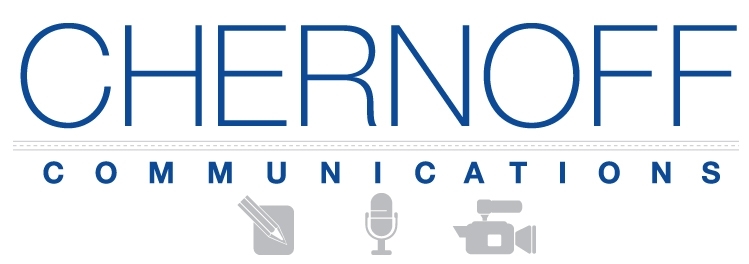News anchor Chris Wallace has been widely criticized for his inability as moderator to prevent President Trump from turning Tuesday night’s first presidential debate into a 90-minute spectacle of schoolyard taunts. Wallace himself conceded to The New York Times, “I never dreamt that it would go off the tracks the way it did.” That, however, may have been Wallace’s only major error: not to anticipate the president might grab the moderator’s steering wheel, because even if Wallace had it’s unlikely he could have prevented Trump from driving the debate into a ditch.
I know, because I too once had one of my live television interviews hijacked by a trash-talking bully eager to revive his public standing.
The stakes were not nearly as high as a presidential debate, but the experience was instructive for learning how to deal with someone willing to break the rules of decorum.
One morning in 2003, early in my career as a correspondent for CNN, I was assigned, minutes before airtime, to fill in as anchor of an entertainment business program on CNNfn (a sister network that CNN shut down in 2004). “Our in-studio guest is Andrew Dice Clay,” the senior producer innocently said, as he shoved a file of background research at me. “Are you kidding? You know he’s going to curse on air,” I warned. The producer, who clearly had not read his own team’s research, seemed blissfully unaware of Clay’s past as a foul-mouthed comedian who had risen to notoriety on racist, misogynistic jokes. With minutes to airtime I could only demand that the producer extract a pledge from Clay that there would be no cursing, knowing full well the true worth of Clay’s word.
After opening the interview by lobbing a softball about us both being nice Jewish boys from Brooklyn—a set up that a more skilled comedian could have easily hit out of the park—only to receive a foul answer, I knew the interview was in trouble. Shortly thereafter, Clay spit out an insulting non sequitur about Rosie O’Donnell—ironically, a favorite Trump target—who was appearing in court that day. I pulled Clay back to discussion of his career. But when I asked about his management of a gym in Florida, he pretended the question was an affront to his dignity and responded with an expletive-laced rant. Smiling, I quickly ended the interview as Clay stormed off the set before the director could go to a commercial break. Of course, Clay’s act was entirely premeditated; it was a performance to generate attention and I knew it.
Embarrassing as it was to have been cursed on live television, I had done all I could to prevent a bad situation from becoming far worse. I kept my cool, tried to keep Clay on track, refused to allow him to pull me into the gutter, and promptly ended the interview as soon as he imploded.
Chris Wallace could not as easily have ended the presidential debate when Donald Trump persisted in trying to pick a street fight with Joe Biden. But, for the most part, under extremely difficult circumstances, Wallace did what he had to do: he remained diplomatic; refused to tolerate Trump’s antics; and valiantly tried to maintain order, keep the candidates focused on the issues, and get Trump to play by the rules.
The same principles apply to any unruly outburst in a public forum, be it a press conference or an annual shareholder meeting. Leaders should be prepared for the unexpected, and, in the event of a disruption, remain calm, be professional, and control what they can.
The simple fact is, it’s nearly impossible to stop a runway train. If the president of the United States is determined to sabotage a debate for his own purposes, it’s going to happen. There’s only so much a moderator can do, short of ending the debate.
By doing his best to restrain Donald Trump’s aggression and maintain a fair debate, Chris Wallace emerged with his dignity intact, having managed an impossible situation as well as he could. More importantly, he provided a public service by allowing Americans to see Donald Trump for who he truly is, a lying, insecure bully who will violate every rule in his desperation to win. That’s exactly how to handle a bully on live television: let him self-destruct on camera.
